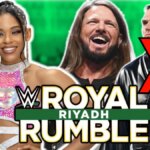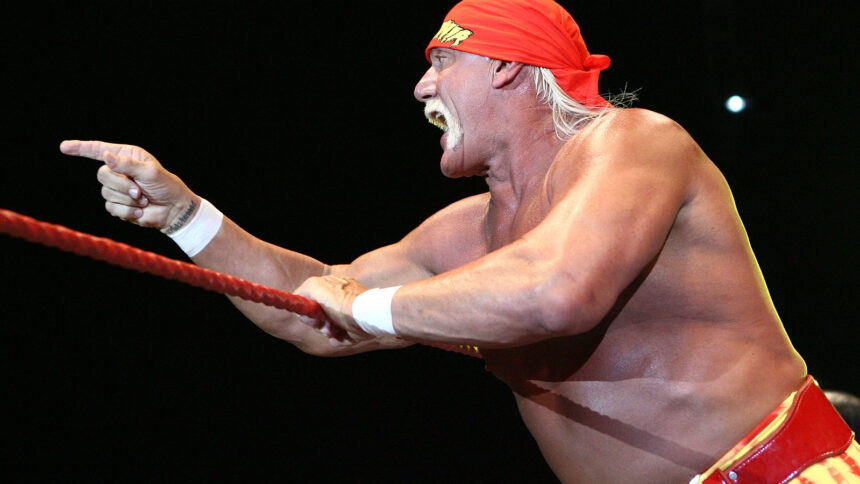At the close of 2009, Total Nonstop Action Wrestling (TNA) had carved out its niche as the second-largest wrestling organization globally, trailing only WWE. However, it faced challenges in becoming a serious rival to WWE. Vince Russo’s longstanding controversial booking decisions, reminiscent of his past work in the late ’90s and early 2000s, raised doubts about TNA’s direction. Although the company featured talents like Samoa Joe, Nigel McGuinness, Sting, and Team 3D, it had yet to capitalize on its potential.
In October of that year, it was announced that Hulk Hogan, alongside Eric Bischoff, would join TNA, with their official start slated for January 2010. This move was anticipated to position TNA on par with WWE.
Hogan debuted on January 4, 2010, during a special three-hour live episode of "TNA Impact," which went head-to-head with "WWE Raw" in an attempt to reignite the Monday Night Wars from the ’90s. However, the partnership quickly backfired. Shortly after Hogan’s arrival, TNA’s iconic six-sided ring was replaced with a traditional four-sided ring, which was met with negative reactions from fans. Many wrestlers who previously held TNA’s spotlight began to feel overshadowed, as the focus shifted to more seasoned—yet less exciting—performers.
By March 2010, "TNA Impact" transitioned to a Monday night slot, only to lose viewers as Hogan became the main highlight of the show. This lasted just two months before the program returned to Thursdays in May, but the brand had already suffered significant damage. While some moments, like Ric Flair’s “Wooo-Off” and the thrilling rivalry between the Motor City Machine Guns and Beer Money, still resonate online, overall interest in TNA plummeted, with Hogan and Bischoff often held responsible.
Today, TNA has rebounded, setting attendance records at Slammiversary 2025. However, Hogan’s tenure marked one of the darkest periods in the company’s history during the mid-2010s.
Written by Sam Palmer
Fan Take:
Hogan’s tenure in TNA is a cautionary tale about how legacy wrestlers can impact a promotion’s vision and identity. Understanding this history helps fans appreciate the delicate balance between nostalgia and innovation in the wrestling world, reminding us how crucial solid storytelling and promotion strategies are for the sport’s future.













